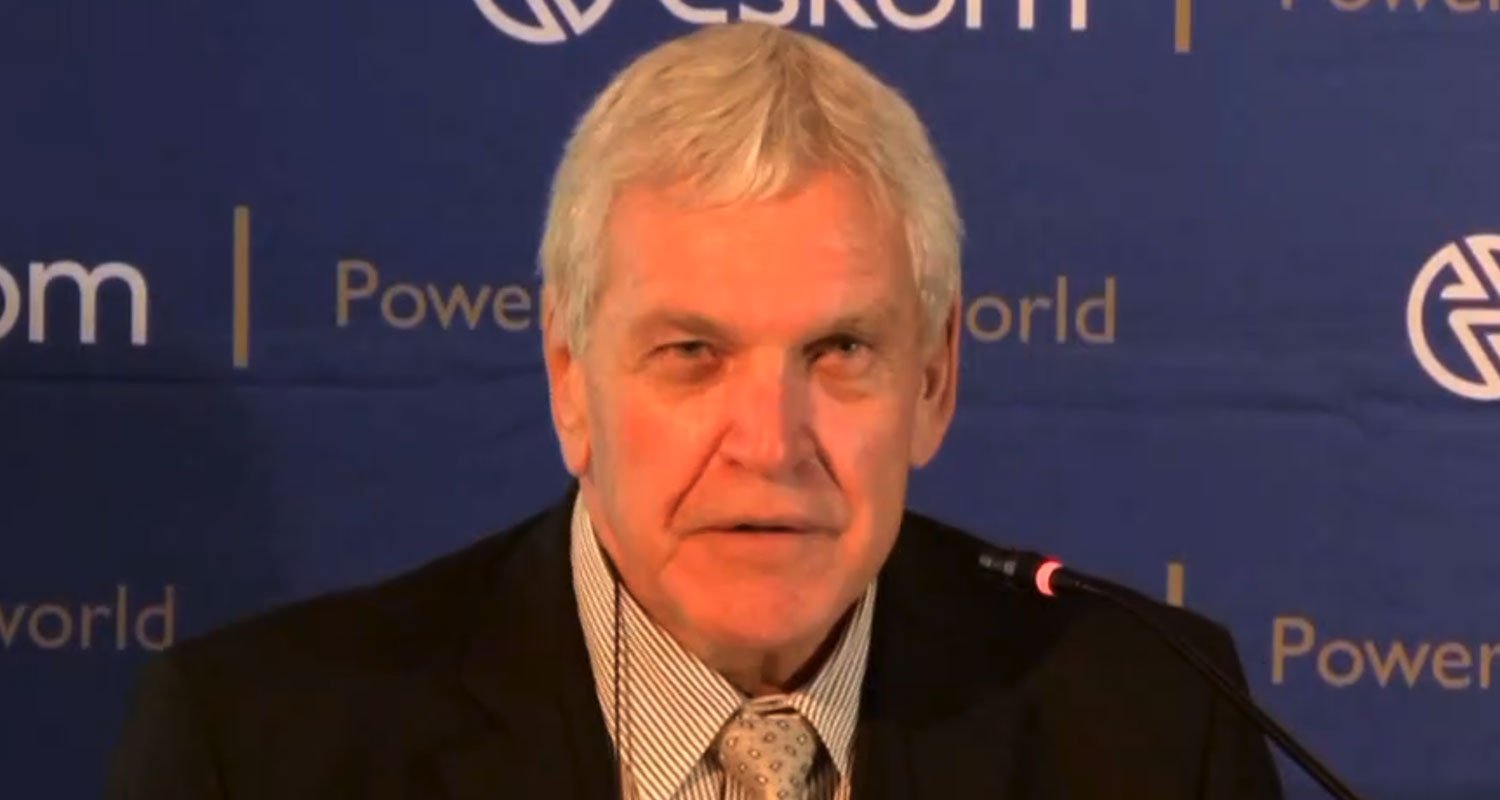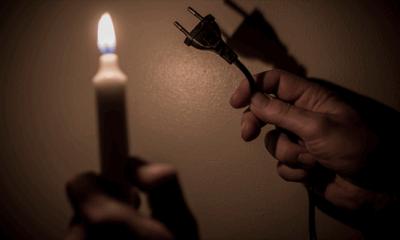Business
‘Revolving Door’ or Fair Play? Mulilo’s R9.5 Billion Battery Deal Sparks Public Outcry.

A controversial energy deal has South Africans asking whether the lights are really being kept on or just switched between friends.
South Africans are no strangers to headlines about power struggles, both literal and political. But the latest energy saga has struck a nerve for reasons beyond load-shedding or crumbling infrastructure.
At the centre of the storm is Mulilo Energy, a company recently awarded R9.5 billion worth of contracts under the government’s Battery Energy Storage Independent Power Producer Procurement Programme (BESSIPPPP). While battery storage sounds like a much-needed step forward in stabilising the grid, it’s who’s sitting at the boardroom table that has sparked serious backlash.
Mulilo’s chair? Jan Oberholzer, none other than Eskom’s former Chief Operating Officer, who left the embattled state utility in July 2023. Less than a year later, he’s leading a company that just won big on a government contract designed to fix, well, Eskom’s problems.
Unpacking the backlash
The Black Business Council (BBC) and the National Union of Mineworkers (NUM) haven’t minced words. They’ve raised serious red flags over what they call a “revolving door” the term used when a public official moves directly into a private sector role where they may benefit from insider knowledge.
“Oberholzer’s company had an unfair advantage,” BBC CEO Kganki Matabane said, arguing that the former Eskom executive had access to key information that other bidders didn’t. The NUM echoed that sentiment, calling the situation “a clear case of the revolving door” and pointing to potential conflicts of interest that blur the line between public service and private gain.
Questions, dodged
When pressed by the media including direct questions from IOL Mulilo declined to provide clear answers. Instead, the company deflected responsibility back to the government, specifically the Independent Power Producer Office (IPPO) and the Department of Electricity and Energy, stating the procurement process was “Government-led” and that all inquiries should be directed to the state.
Mulilo issued a carefully worded response:
“We note the media interest following the announcement… As a South African company deeply committed to our country’s energy transition, Mulilo remains focused on delivering solutions that support energy security…”
That’s it. No comment on the conflict-of-interest claims. No denial. No clarification.
Government defends the deal
In the face of public scrutiny, Minister of Electricity and Energy Kgosientsho Ramokgopa stepped in to defend the tender process. According to a statement shared via Moneyweb, the department insisted the process went through “rigorous legal, technical, and financial due diligence” and complied with the Constitution’s procurement principles, including goals to benefit historically marginalised groups.
That’s a strong legal shield but it hasn’t done much to quiet public perception that this deal smells a bit like old smoke in a new battery box.
The bigger picture: Who gets to build the future?
South Africa is in the throes of an energy crisis that has touched every part of society. Battery storage technology, while promising, is still new ground. That makes who builds and controls this infrastructure a matter of national importance not just in terms of lights and load-shedding, but also who benefits economically.
Critics say this deal reflects a broader failure in transformation. As the BBC noted, the energy sector still remains heavily skewed in favour of large, well-connected players. Many are now asking: How can black-owned and emerging enterprises compete if ex-SOE executives enter private firms and immediately land government deals?
Public sentiment: Suspicious, frustrated, but not surprised
Social media hasn’t been kind. Tweets accusing the government of “protecting its own” and “enabling old boys’ club corruption” have gained traction, with some users even calling for a formal parliamentary inquiry.
Others point out how transparency in public-private energy deals is more important now than ever, especially with the country investing billions in transitioning to a green economy.
A need for answers, not deflections
This controversy isn’t just about one tender it’s about public trust. South Africans have been asked to be patient, to tighten their belts, to endure blackouts. So when a former Eskom executive ends up at the helm of a private company cashing in on Eskom’s failings, it understandably raises eyebrows.
Mulilo may claim it’s just doing business, and the government may defend the process, but the public deserves clarity not spin.
Because if the energy crisis has taught us anything, it’s that power without accountability leaves everyone in the dark.
From Eskom to Energy Winner: Jan Oberholzer’s Battery Tender Victory Raises Eyebrows
{Source: IOL}
Follow Joburg ETC on Facebook, Twitter , TikTok and Instagram
For more News in Johannesburg, visit joburgetc.com



























